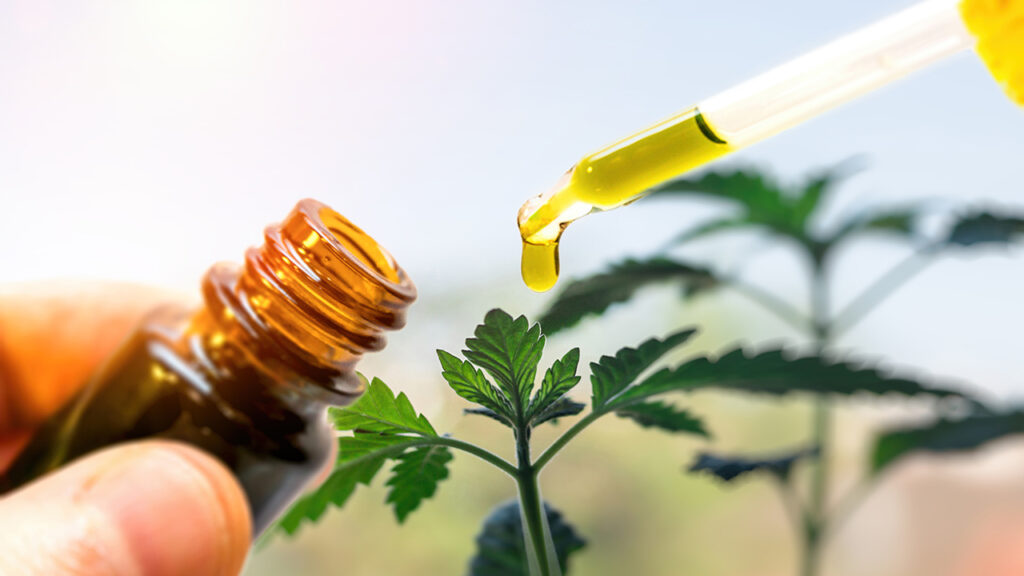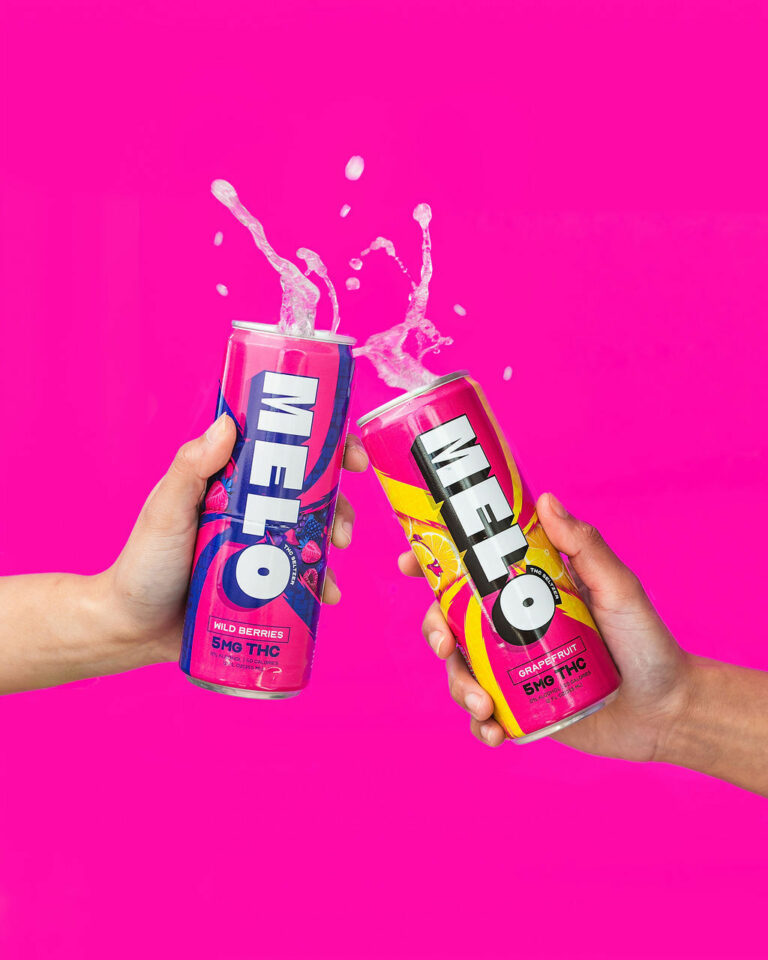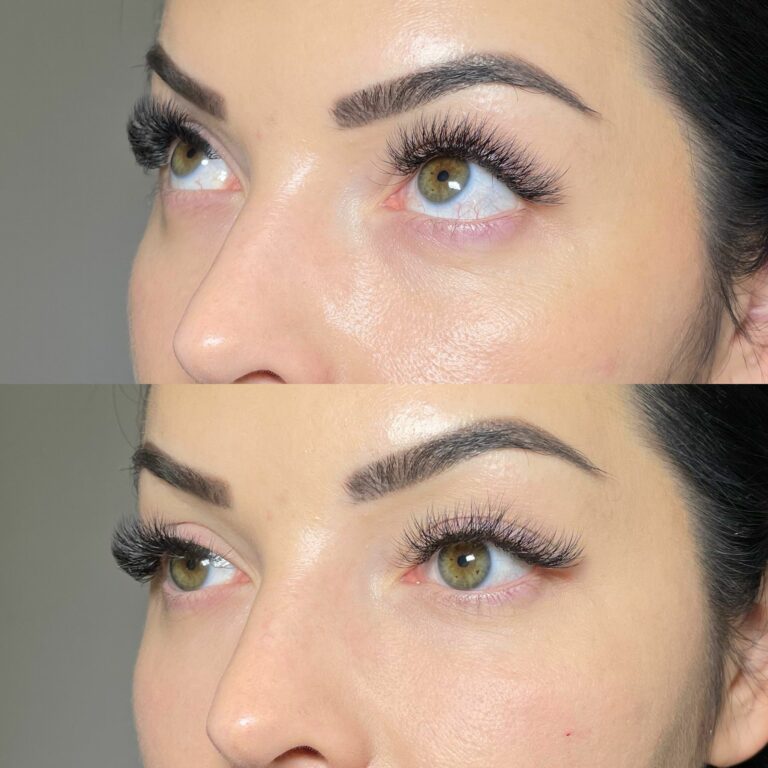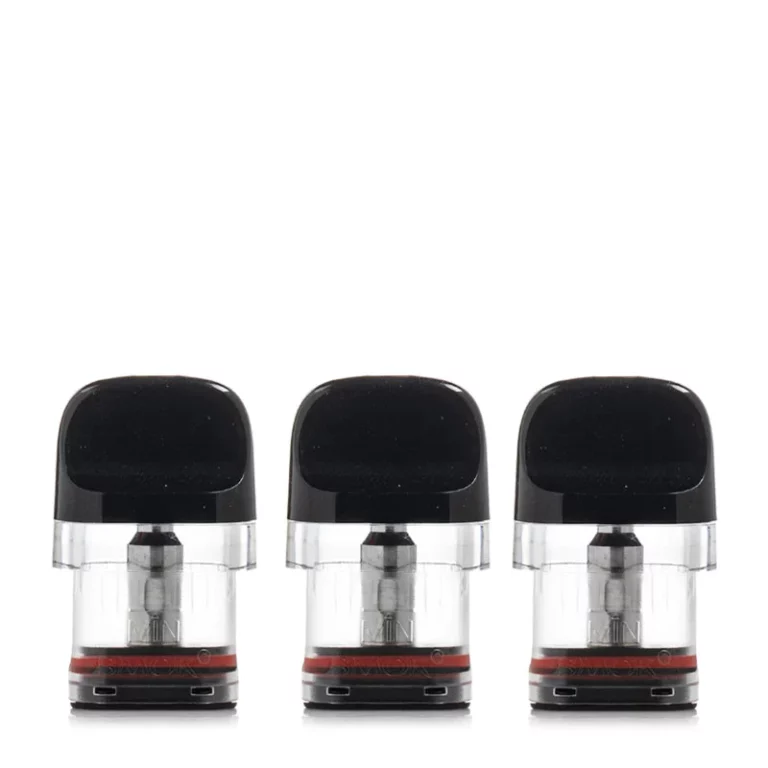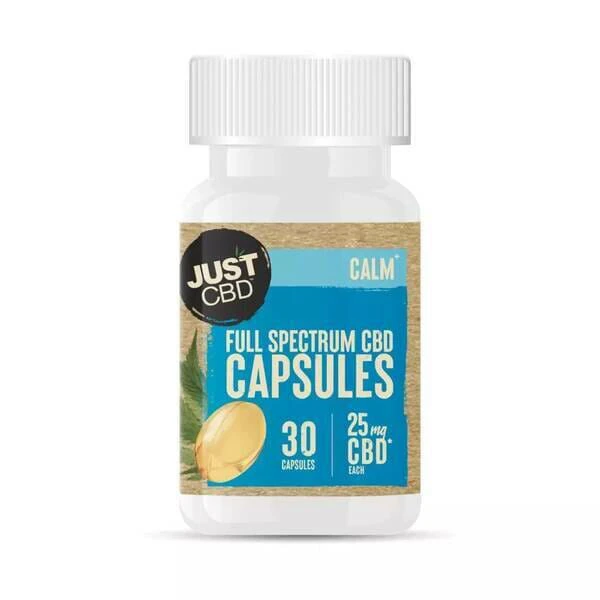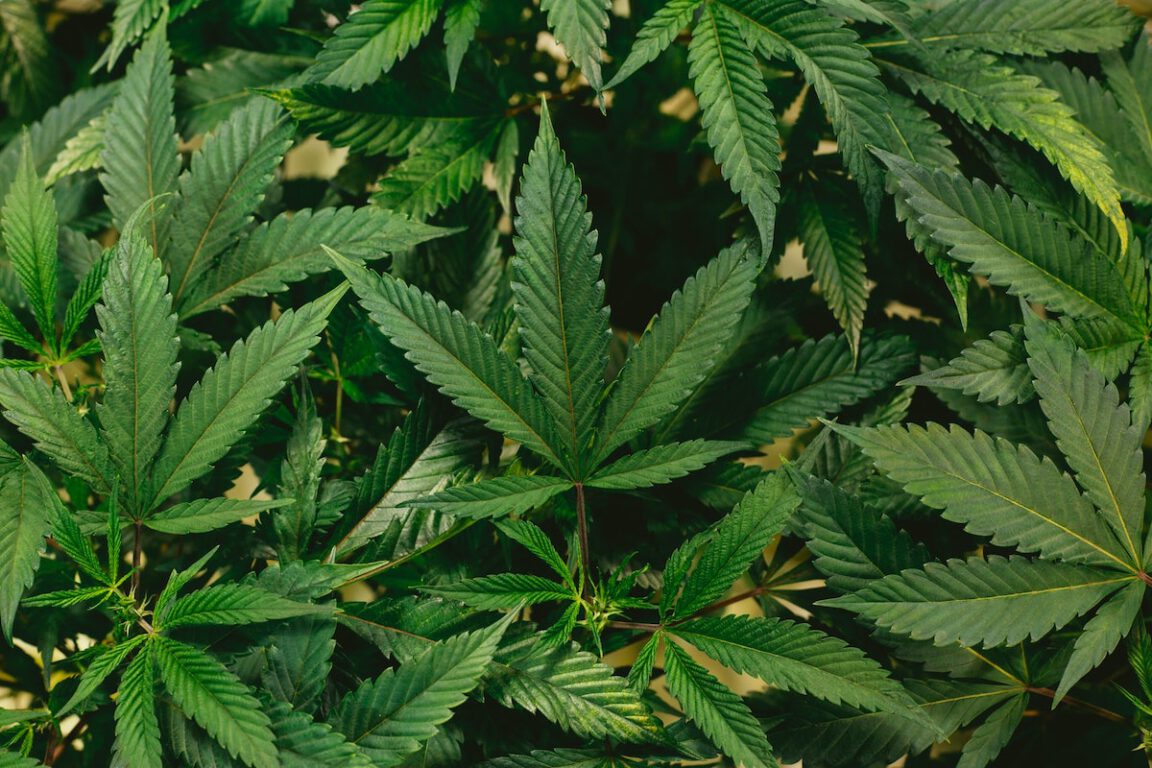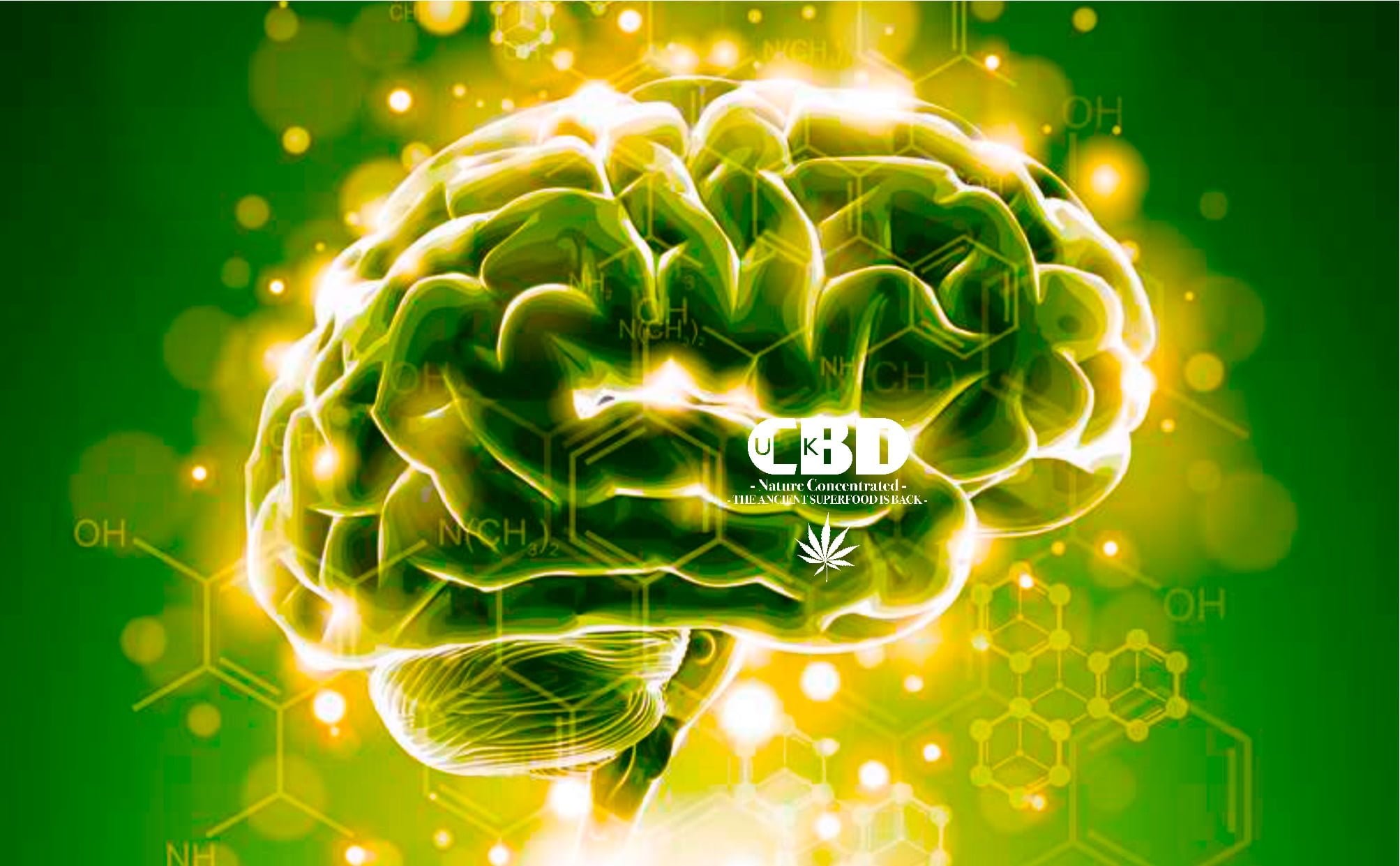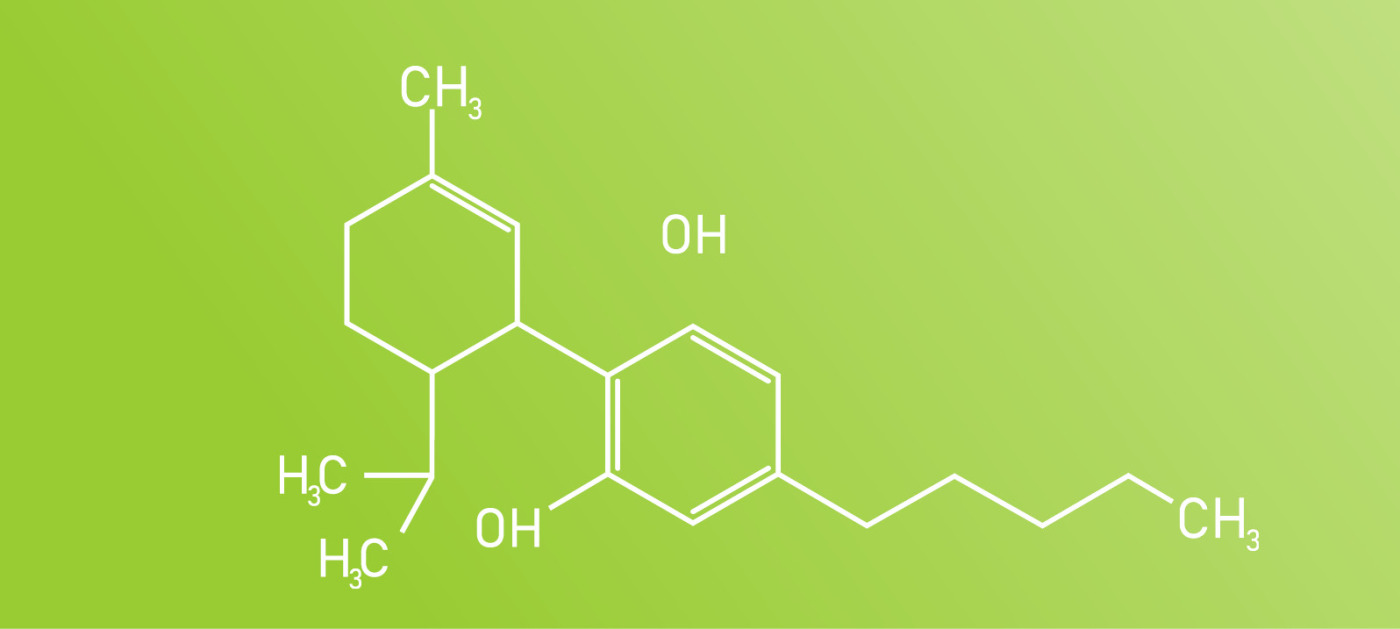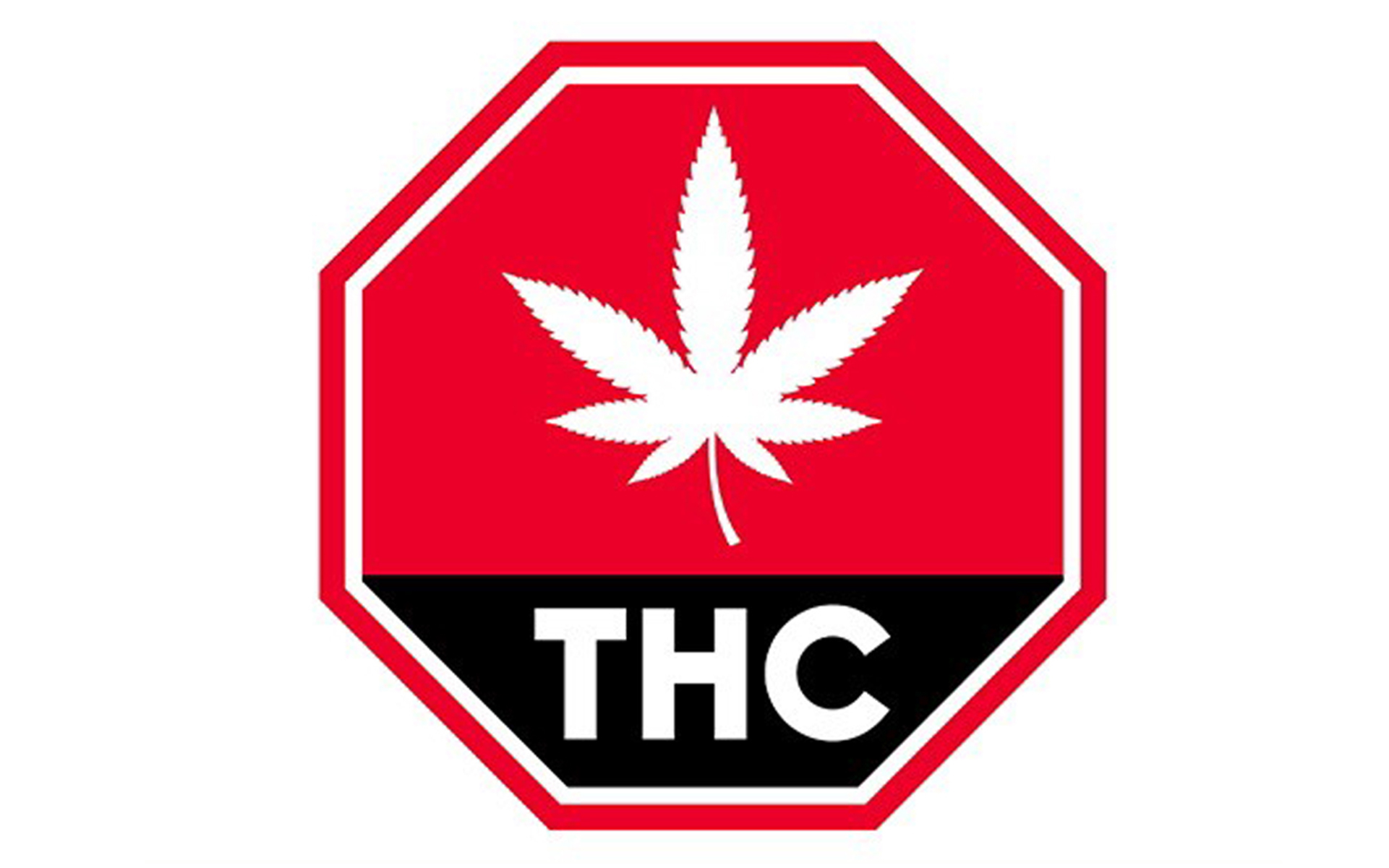CBD (cannabidiol) has gained widespread popularity in recent years for its potential health benefits and therapeutic properties. As the market for CBD products continues to expand, many consumers wonder whether these products contain THC (tetrahydrocannabinol), the psychoactive compound found in cannabis that is responsible for the “high” sensation. In this comprehensive guide, we will explore the relationship between CBD and THC, the different types of CBD products, potential THC content, legal considerations, and factors to consider when purchasing CBD products to ensure a safe and informed choice.
Understanding CBD and THC
- CBD: An Overview: CBD is a non-psychoactive cannabinoid found in the cannabis plant. It interacts with the body’s endocannabinoid system, potentially influencing various physiological processes and promoting balance and wellness.
- THC: The Psychoactive Compound: THC is another prominent cannabinoid in cannabis, known for its psychoactive effects. When consumed, THC binds to CB1 receptors in the brain and nervous system, inducing euphoria and altering cognitive function.
Types of CBD Products
- Full-Spectrum CBD: Full-spectrum CBD products contain not only CBD but also a wide range of other cannabinoids, terpenes, and flavonoids found in the cannabis plant, including trace amounts of THC. These products are considered to provide the “entourage effect,” where the combined compounds work synergistically to enhance potential benefits.
- Broad-Spectrum CBD: Broad-spectrum CBD products contain a variety of cannabinoids and compounds from the cannabis plant, with one notable exception—THC. The THC is removed or reduced to undetectable levels while maintaining the potential entourage effect.
- CBD Isolate: CBD isolate products contain only pure CBD, with all other cannabinoids and compounds removed. These products are THC-free, making them an attractive option for individuals seeking to avoid THC altogether.
THC Content in CBD Products
- Legal Limit for THC in CBD Products: In the United States, the 2018 Farm Bill legalized hemp-derived CBD products containing less than 0.3% THC. This legal threshold ensures that CBD products do not induce significant psychoactive effects.
- Potential THC Variability: While most reputable CBD manufacturers rigorously test their products to comply with the legal limit, some variability in THC content may exist due to the complexities of extraction and manufacturing processes.
The Importance of Third-Party Testing
- Ensuring THC Compliance: Third-party lab testing verifies the cannabinoid profile of CBD products, including THC content. Consumers should look for products with readily available lab reports to confirm compliance with legal THC limits.
- Safety and Purity: Third-party testing also ensures that CBD products are free from contaminants, pesticides, heavy metals, and other harmful substances, providing consumers with safe and high-quality products.
Legal Considerations and Regulations
- Federal vs. State Laws: While the 2018 Farm Bill legalized hemp-derived CBD products on a federal level, individual states may have additional regulations or restrictions on CBD and THC products.
- International Regulations: CBD and THC laws can vary significantly between countries, and travelers should be aware of the regulations in their destination to avoid legal issues.
Factors Influencing THC Content in CBD Products
- Hemp vs. Marijuana: CBD products derived from hemp generally contain lower THC levels than those derived from marijuana, which can contain higher levels of THC.
- Extraction Methods: The extraction process can affect the final THC content in CBD products. Some methods may result in higher THC levels, while others yield THC-free or low-THC products.
- Importance of Purchasing from Reputable Brands
- Source of Hemp: Reputable brands use high-quality hemp plants with low THC levels to produce their CBD products, ensuring compliance with legal requirements.
- Transparent Lab Reports: Established brands provide clear and accessible third-party lab reports, allowing consumers to verify the THC content and overall quality of their CBD products.
Benefits of THC-Free CBD Products
- Non-Psychoactive Effects: THC-free CBD products offer the potential health benefits of CBD without inducing intoxication or impairment.
- Wider Accessibility: THC-free CBD products are more widely accessible due to their legal status in many regions.
The Distinction Between CBD and THC
CBD and THC are two of the most well-known cannabinoids found in the cannabis plant. While they share a common origin, their effects on the body and mind are quite different. CBD is non-psychoactive and interacts with the body’s endocannabinoid system to promote balance and well-being, while THC is psychoactive and induces the “high” sensation often associated with marijuana use.
Types of CBD Products
To cater to various preferences and needs, CBD products come in different forms, each offering distinct characteristics.
- Full-Spectrum CBD: Full-spectrum CBD products contain a comprehensive range of cannabinoids, terpenes, and flavonoids found in the cannabis plant. These products may contain trace amounts of THC, but they are intended to work synergistically, producing the entourage effect.
- Broad-Spectrum CBD: Broad-spectrum CBD products also include multiple cannabinoids and compounds from the cannabis plant but have undergone a process to remove THC entirely or reduce it to undetectable levels. This allows users to experience the potential entourage effect without the presence of THC.
- CBD Isolate: CBD isolate products contain only pure CBD, devoid of all other cannabinoids and compounds. These products are THC-free and ideal for individuals seeking the benefits of CBD without any other plant components.
THC Content in CBD Products
Understanding the THC content in CBD products is crucial for individuals who wish to avoid the psychoactive effects of THC.
- Legal Limit for THC: In the United States, hemp-derived CBD products are legal if they contain less than 0.3% THC. This limit ensures that CBD products do not cause significant psychoactive effects.
- Potential Variability: While reputable CBD manufacturers take measures to adhere to legal THC limits, there may be some variability in THC content due to factors such as extraction methods and plant variation.
The Significance of Third-Party Testing
Third-party lab testing is a vital aspect of the CBD industry that provides transparency and assurance to consumers.
- Verifying THC Compliance: Third-party lab reports verify the cannabinoid profile of CBD products, including the THC content. Consumers should look for products with readily available lab reports to ensure compliance with legal THC limits.
- Ensuring Safety and Quality: Third-party testing also confirms that CBD products are free from contaminants, pesticides, heavy metals, and other harmful substances, ensuring consumer safety and product quality.
Legal Considerations and Regulations
Navigating the legal landscape of CBD and THC can be challenging due to varying regulations at both the federal and state levels.
- Federal vs. State Laws: While the 2018 Farm Bill legalized hemp-derived CBD products on a federal level, individual states may have additional regulations or restrictions on CBD and THC products.
- International Considerations: CBD and THC laws can differ significantly between countries, making it essential for consumers to be aware of the regulations in their destination, especially for international travel.
The Importance of Purchasing from Reputable Brands
Choosing CBD products from reputable brands is essential for ensuring product quality and safety.
- High-Quality Hemp Source: Reputable brands use high-quality hemp plants with low THC levels to produce their CBD products, ensuring compliance with legal requirements.
- Transparency in Lab Reports: Established brands provide clear and accessible third-party lab reports, allowing consumers to verify the THC content and overall quality of their CBD products.
Conclusion
CBD products can contain varying levels of THC, depending on their type and manufacturing processes. Full-spectrum CBD products may contain trace amounts of THC, while broad-spectrum CBD and CBD isolate products are THC-free. It is essential for consumers to be aware of the THC content in their CBD products, especially if they wish to avoid any psychoactive effects. Third-party lab testing ensures compliance with legal THC limits and guarantees the safety and purity of CBD products. When purchasing CBD products, selecting reputable brands that provide transparent lab reports is crucial to making an informed and safe choice. As the CBD market continues to evolve, consumers can confidently navigate the landscape of CBD products with a better understanding of THC content and its implications.
In his capacity as a Professional Blogger, he transforms his psychological insights into engaging and informative content across various topics, enriching the lives of his readers with valuable advice and wisdom. Furthermore, as a Strategic Adviser, Robert leverages his analytical thinking and strategic acumen to assist businesses in formulating effective plans and navigating complex market dynamics.
His diverse skill set, spanning psychology, blogging, and strategic consultancy, positions Robert Williams as a valuable resource for those on the path to personal growth and businesses aiming for strategic excellence.
- How To Buy Wholesale CBD And Delta 8 Thc - September 22, 2023
- Are CBD Oil And CBD Ingestible Products Legal In Europe - September 22, 2023
- Amazing Salty and Sweet Recipes Made with CBD Oil - September 22, 2023



